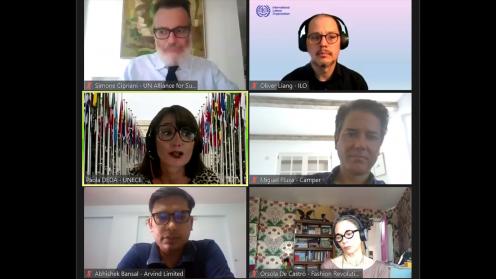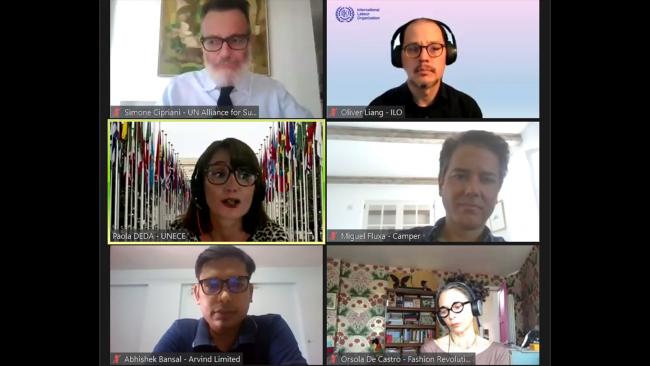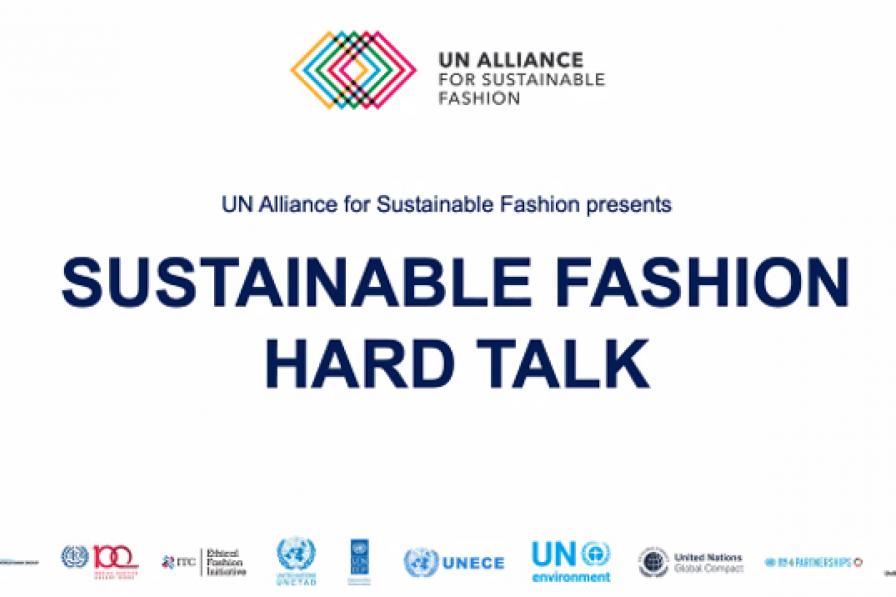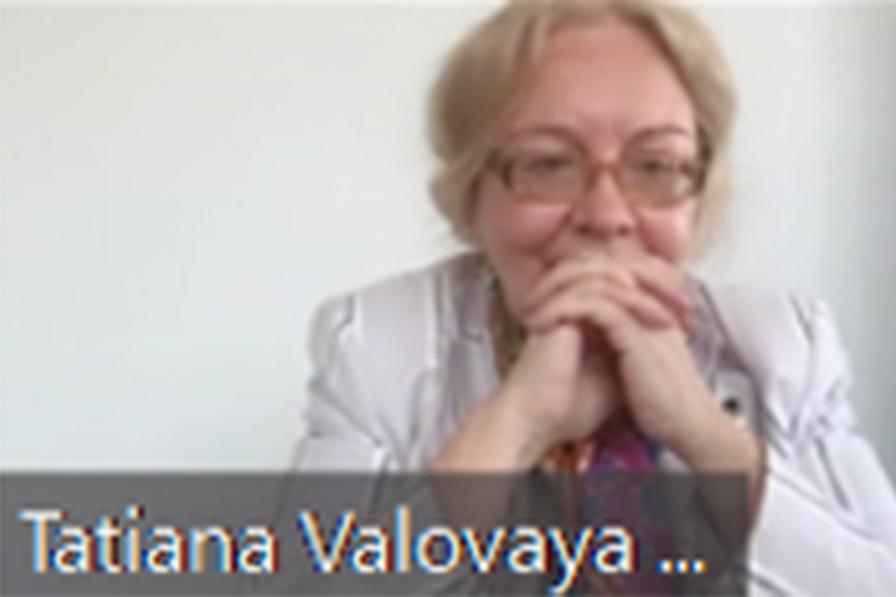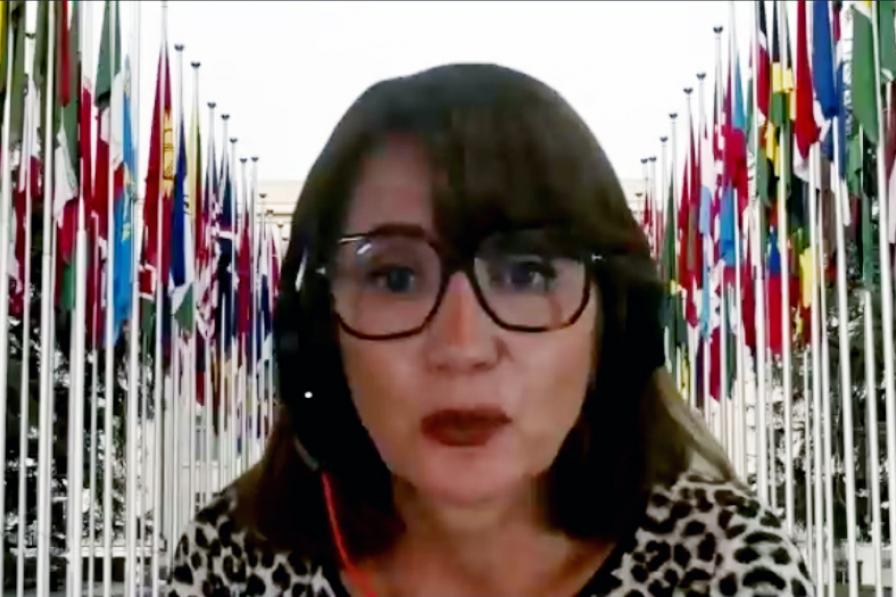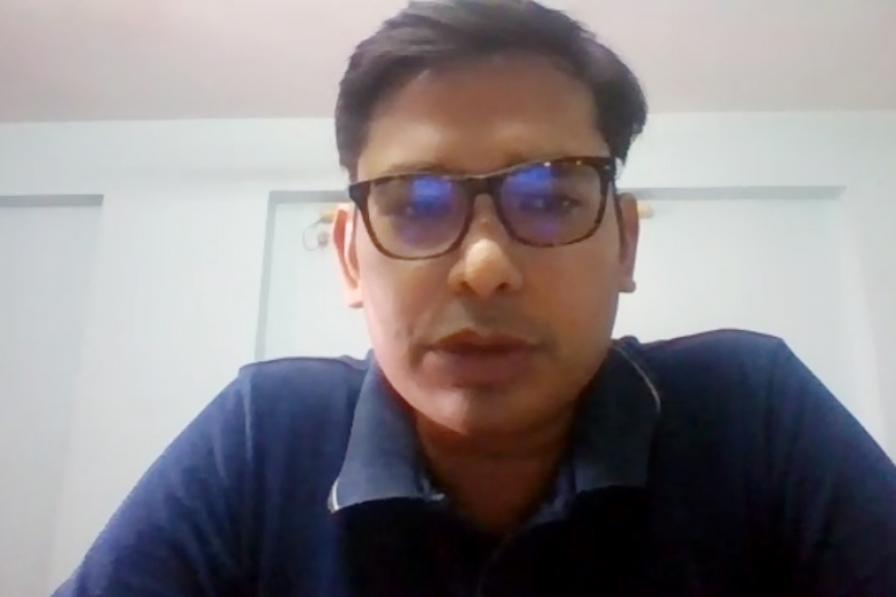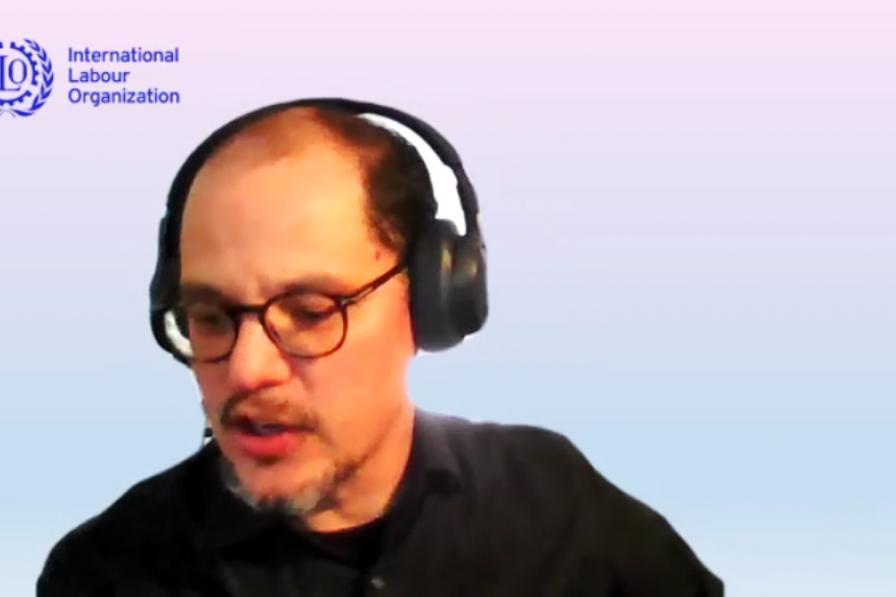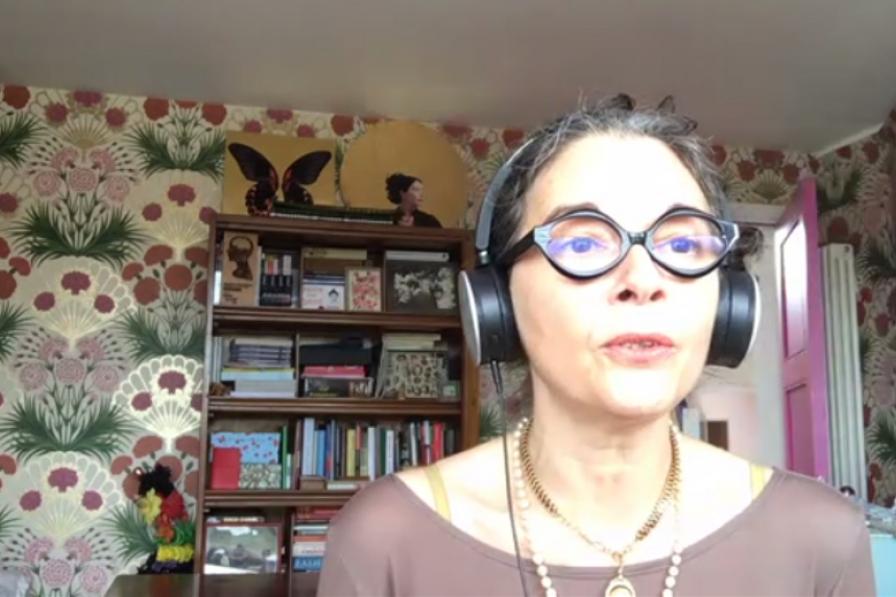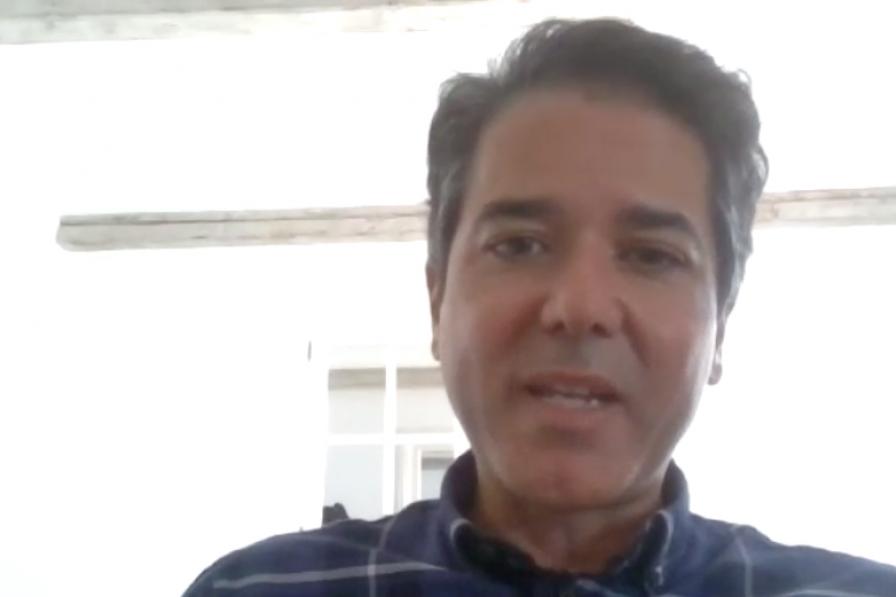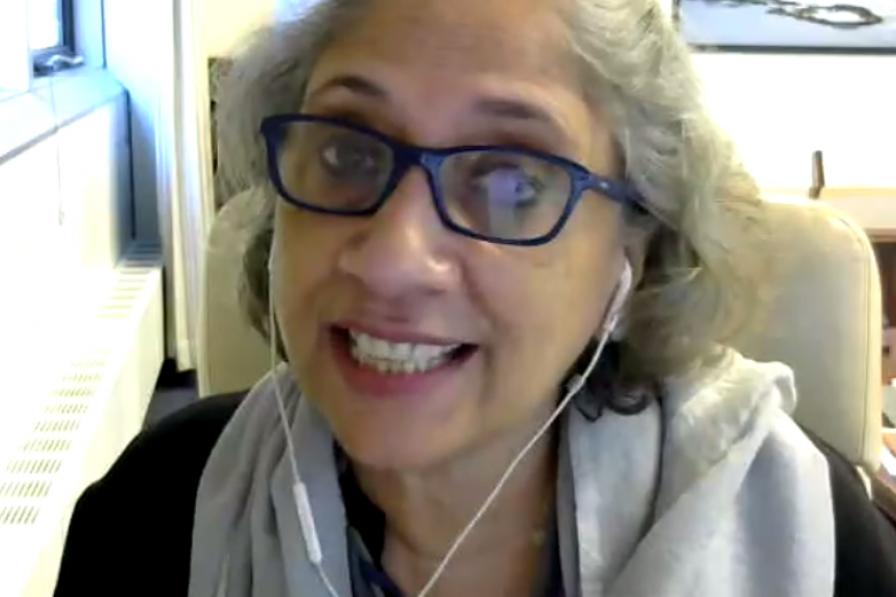This event aimed to engender discussion among actors associated with the fashion industry on turning fashion into a driver of sustainable development and pandemic recovery and provide guidance for member States to achieve this. The event was organized by the UN Alliance for Sustainable Fashion.
Paola Deda, UN Economic Commission for Europe (UNECE), moderated, posing questions to panelists on such topics as: reducing consumption in rich countries while providing more access in the global South; pursuing long-term quality and sustainability versus producing cheap “fast fashion”; and the impacts of these changes on the environment, workers, and society along the fashion value chain.
Tatiana Valovaya, Director-General, UN Office at Geneva, in opening remarks, highlighted that while fashion is one of the largest economic sectors it lags behind on social and environmental indicators. She noted, however, that the pandemic is bringing a paradigm shift and called for changing habits to foster more sustainability, carbon neutrality, adequate working conditions, and social protections for men and women.
Deda then moderated a “hard talk on sensitive issues” in a question and answer format.
Regarding a question on the meaning of “sustainable,” Simone Cipriani, Chair, UN Alliance for Sustainable Fashion, called for managing sustainability risks like economic and financial risks. Oliver Liang, International Labour Organisation (ILO), with Abhishek Bansal, Arvind Limited, called sustainability "the least environmental harm and positive social impacts,” with economic viability for businesses. Orsola de Castro, Founder, Fashion Revolution, said sustainability requires revolution to conserve the environment, valuing people over profit. Miguel Fluxá, CEO, Camper, highlighted long-term thinking.
On advancing sustainability and consumer mindfulness without driving unemployment, Liang said job destruction cannot be avoided but called for investment in social protections and skills-upgrading. De Castro noted “bonkers” amounts of clothing produced, urging higher quality products and better pay for workers.
With respect to the transformations needed, Fluxá expressed pessimism and questioned current consumption models. Liang called for slower production, raising prices to cover negative externalities and decrease consumption, and better labor laws, with inspection and enforcement of workers’ rights.
On overcoming environmental and social risks along the value chain, Cipriani recommended due diligence on sustainability risks. Bansal called for social policies to accelerate change and investment for modernizing business plans, machinery, and energy supply.
Regarding shifting away from a “consumption culture,” Cipriani called for debate on values and a transition to formal stakeholder capitalism. Liang called for a new economic paradigm, with less time for work and more time for family, nature, and sustainable lifestyles for everyone. He said people must choose to have less, while being compensated with more time for other aspects of life. Bansal said the current economic model discourages quality and brings maldistribution. De Castro said humans have never treated each other equally but called for industry to take moral responsibility for sustainable and accessible solutions. Fluxá asked how the rich West can tell people who have not had the same advantages to consume less.
On how member States can support a sustainable fashion industry, Cipriani recommended sustainability reporting of the same standard as financial reporting, noting that investors increasingly request this information.
With respect to what the UN can do, Liang called for resuscitating the discussion on limits to growth, questioned whether full employment is truly sustainable, and recommended UN dialogue with all stakeholders. Cipriani said capital costs too much in developing countries and called for blended finance, including public funding, to finance their transition.
Responding to a question on whether economic growth can encompass sustainability, Cipriani said it could if encompassed within a framework addressing environmental and social issues. Liang and Bansal agreed, if people have time to shop for ethical brands and services instead of cheap products and if natural and social resources are priced appropriately. Orsola said profits must be adjusted and redistributed to workers. Fluxá said the whole economy must transition.
In response to ensuing questions from viewers, Fluxá, Bansal and Liang focused on the need for global regulation given variations in regulation across countries. Cipriani highlighted development of an EU directive on corporate sustainability reporting, saying companies’ home country legislation should apply to them. De Castro called for a fashion transparency index for consumers. Liang said the ILO is developing conventions on child labor and forced labor, noting questions of implementation and enforcement. Bansal cautioned against the use of “minimum” standards. On industry’s moral obligations, de Castro stressed younger generations’ awareness of the urgency of environmental and social issues. Fluxá agreed but asked whether that is enough to engender the change needed.
In a closing statement, Ligia Noronha, UN Assistant Secretary-General and Head, New York Office of the UN Environment Programme (UNEP), summarized the topics discussed, calling for stronger movement from a linear to a circular economy and a just transition. She commended youth for pushing change and promised to continue UNEP’s support for the Alliance.
During closing remarks, panelists recommended: small changes which can grow into big trends; making things last; avoiding unneeded purchases; consuming not “things” but “services”; making consumption just; getting information and developing wisdom; investments that can lead to dramatic progress; and working toward a better world through value chains that encompass people working with shared objectives and passion.
Contact:
Chloe Mukai | mukai©intracen.org
Website:
https://unfashionalliance.org/
To receive continuing coverage of this event delivered to your inbox, subscribe to the ENB Update newsletter.
